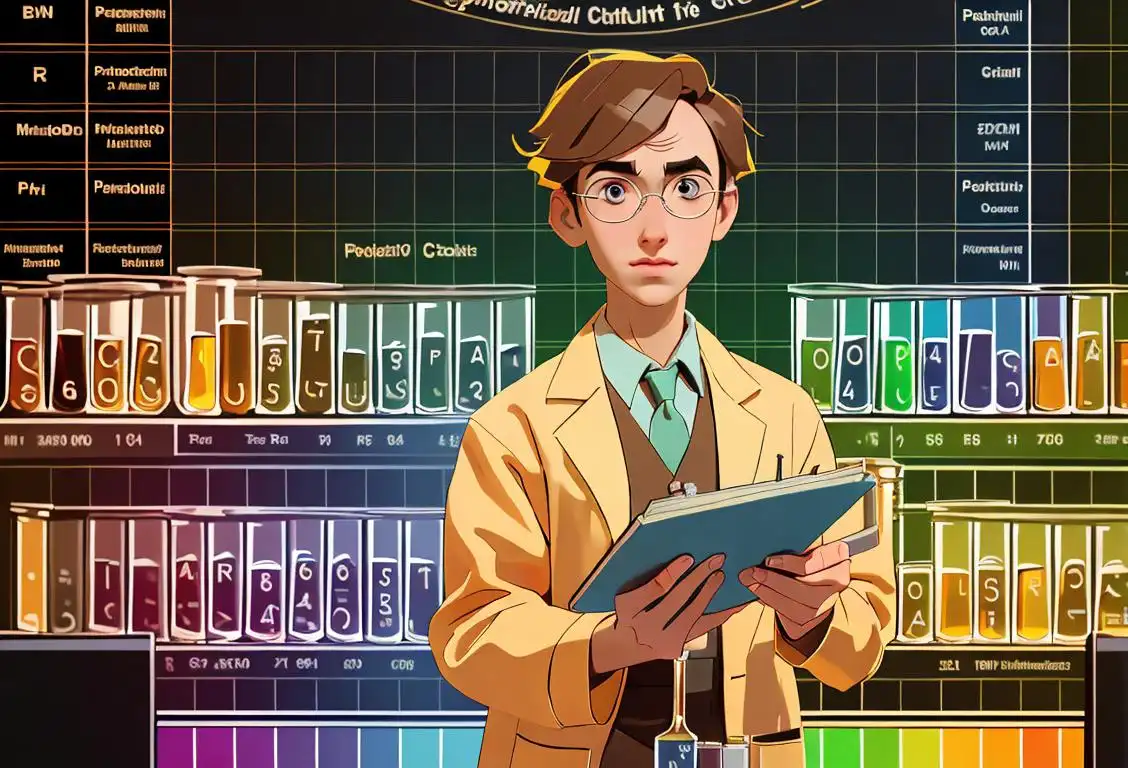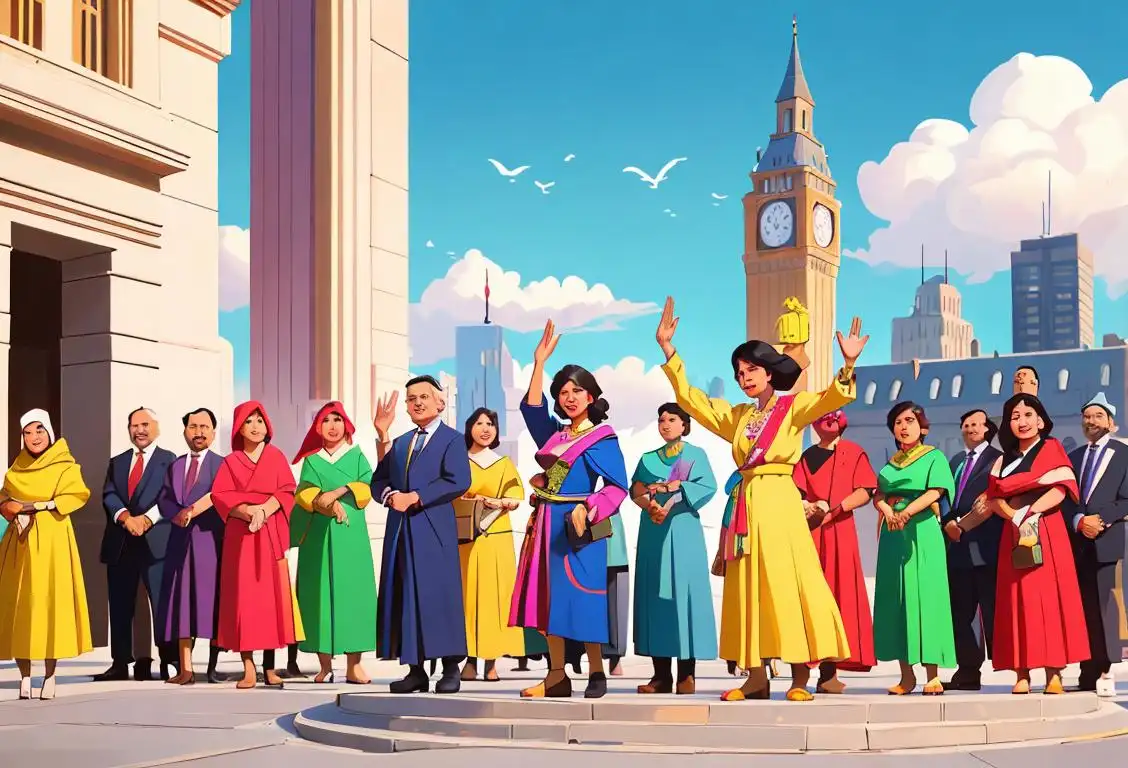National Education Day

Get your calculators and textbooks ready, folks, because we're diving headfirst into the nerdy world of National Education Day. In a cultural internet phenomenon that almost broke the servers with its 19244 mentions at the height of popularity on November 5th, 2019, we're here to take you on one wild ride through the realms of education.
When is Education Day?
It's national education day on the 5th November.
A Little History
National Education Day exists in that beautiful intersection where school nerds, proud parents and internet buffs meet. Brought to life in the cybersphere to honour and celebrate the concept of education, it aims to show appreciation for teachers, reel in lifelong learning enthusiasts, and occasionally throw a fun pop quiz or two our way.
The Internet Phenomenon
It took center stage online with a whopping 19244 mentions, skyrocketing in popularity on November 5th, 2019. That digital explosion had more math equations, historical facts, and grammar rules than you could shake a ruler at. Imagine if you will, social media feeds turning into digital classrooms for a day, flooded with appreciative posts, enlightening discussions and even some online trivia games. Sounds like a geek's paradise, right?
How Do We Celebrate?
Well, how about starting a lively debate on the Pythagorean theorem with your friends? Or better yet, why not revisit the philosophies of Socrates while sipping on your morning cup of joe? Heck, you can even bake a pie, just to sneak in that cheeky reference to pi. Just remember, this is about celebrating the joy of learning, so keep it fun and remember, there are no wrong answers, save the ones you don't enjoy figuring out!
History behind the term 'Education'
2400 BCE
Ancient Roots
Education has ancient roots, dating back to around 2400 BCE in ancient Egypt, where children were taught basic reading, writing, and arithmetic skills through instruction by scribes or priests. The emphasis of education during this time was on acquiring practical skills for daily life and religious knowledge.
5th Century BCE
Greek Philosophers
The 5th century BCE marked a significant milestone in the history of education with the emergence of great Greek philosophers like Socrates, Plato, and Aristotle. These philosophers focused on the pursuit of knowledge, critical thinking, and intellectual development. Their teachings laid the foundation for Western educational philosophy, emphasizing the importance of questioning, dialogue, and the development of one's mind.
8th Century CE
Islamic Golden Age
During the 8th century CE, the Islamic Golden Age brought remarkable advancements in education. Islamic scholars established academies and libraries across the Islamic world, fostering a culture of learning and scientific inquiry. They preserved and translated ancient Greek texts, expanding knowledge in areas such as mathematics, astronomy, medicine, and philosophy. These institutions became centers of intellectual exchange and laid the groundwork for the later development of universities.
12th Century
Rise of Universities
In the 12th century, universities began to emerge in Europe. These educational institutions were initially focused on religious studies and taught subjects like theology, law, and medicine. The oldest surviving university, the University of Bologna, was founded in 1088. The establishment of universities paved the way for more formalized and structured education, creating a new era of scholarship and learning.
18th - 19th Century
Industrial Revolution and Mass Education
The Industrial Revolution in the 18th and 19th centuries brought significant changes to education. As society shifted towards industrialization, there was a growing demand for a literate workforce. Governments and educational reformers recognized the need for accessible education for the masses. This period witnessed the establishment of public schools and compulsory education laws, enabling broader access to learning opportunities for children.
20th Century
Education for All
The 20th century saw a global push for education for all. The Universal Declaration of Human Rights, adopted by the United Nations in 1948, recognized education as a fundamental human right. Efforts were made to promote inclusive and equitable education, eliminating barriers such as gender discrimination and socioeconomic disparities. Technological advancements, such as the internet and e-learning, also revolutionized the accessibility and delivery of education.
Did you know?
Did you know that among the buzz of National Education Day, a flash mob of teachers in Idaho broke into synchronized 'maths dance'? Call it the 'Algorithm'!Tagged
awareness fun rememberance internet history education learningFirst identified
6th April 2015Most mentioned on
5th November 2019Total mentions
19244Other days
Education Day
Pencil Day
Numeracy Day
Summer Learning Day
Periodic Table Day
Assembly On Its Last Day
College Signing Day
Girl Child Day
Bestfriends Day
Memorial Day








